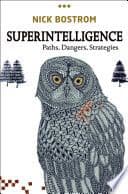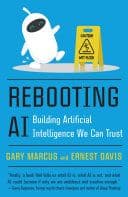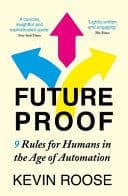
Superintelligence:
Paths, Dangers, Strategies
Profoundly ambitious and original
DIFFICULTY
advanced
PAGES
352
READ TIME
≈ 600 mins
DIFFICULTY
advanced
PAGES
352
READ TIME
≈ 600 mins
About Superintelligence
Superintelligence asks a stark question: if something becomes far smarter than us, how do we keep it on our side? Bostrom maps plausible routes to such capability—artificial general intelligence, whole‑brain emulation, even networked collectives—and probes whether the “take‑off” would be explosive or gradual.
His orthogonality thesis shows that intelligence and values need not travel together. Instrumental convergence explains why power‑seeking behaviours arise under many goals. Together they recast alignment as a control problem, not a wish. He dissects proposed safeguards—boxing, tripwires, incentive design, capability limits, value learning—and the governance around them.
Early design choices could lock in futures for centuries. Read this to think soberly about steering the most consequential technology we may ever build.
What You'll Learn
- The main paths to superintelligence, from AGI to emulation and collective systems
- Takeoff dynamics and the intelligence explosion hypothesis
- The orthogonality thesis and instrumental convergence
- Alignment, control, and containment strategies and their trade-offs
- Governance, strategy, and global coordination options for AI risk
Key Takeaways
- Multiple routes to superintelligence
- Orthogonality and convergence theses
- Fast takeoff is a real possibility
- Alignment/control is the core challenge
- Governance and coordination are crucial





